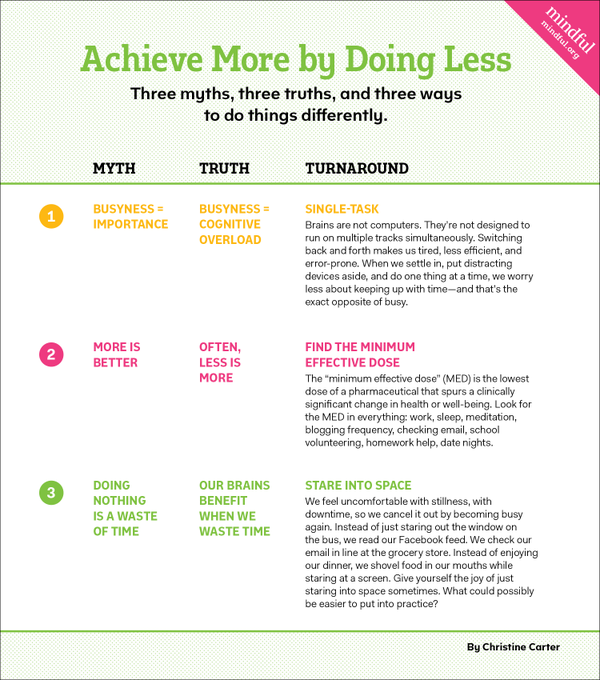Are you out of content ideas?
If your brain feels wrung-out and your eyes hurt from scanning article after article about finding new topics and brainstorming, it’s time to come at the problem from a new angle.
Particularly, the research angle.
Instead of pulling ideas out of thin air, researching content ideas gives you concrete proof that, yes, your audience is going to love this. That’s because you’re relying on the source itself to provide the fodder for your content.
Lean in, listen to what your audience wants to read, note their questions and problems, and take stock of what interests them. This is the pathway to content gold.
Here are some practical ways to dig in and collect those audience-backed content ideas through a little bit of old-fashioned qualitative research.
1. Network, Connect, and Converse with Your Ideal Leads
To find your greatest content ideas ever, focus on networking and having real conversations with your ideal leads.
Obviously, to do this, you need to understand your audience and be genuinely engaged within your industry and community.
Then, it’s time to:
- Find, follow, and interact with your people on social media.
- Pay attention to your social feeds and take opportunities to share and comment on others’ posts.
- When you see your ideal audience members having a discussion or asking questions, don’t be afraid to chime in.
- DM people with which you’ve established a connection and ask to pick their brains.
- Attend local industry events and conferences, and get into those topics you’re super passionate about in-person!
- Take notes and record the topics and questions you see popping up during your networking adventures.
To truly make this work, you can’t do it for a month and call it quits.
You need to invest time in networking and get interested in other people.
Expand your social circles with friendliness and curiosity, and your brand will benefit along with your well-being.
2. Mine Live Chats for Content Ideas
Next up: If you employ a live chat feature on your website, those conversations are great fodder for content ideas.
At my online content agency, our live chat tool of choice is Drift.

One of Drift’s best features is the ability to review all opened and closed conversations.
Using this tool, I regularly mine the live chats that happen on our site and look for FAQs from clients.
What questions and topics do I see over and over? These are ones to jump on and write content around.
For example, our audience is largely made up of marketers who are interested in SEO topics. Here’s an example from a Drift chat – this user is asking about Google Carousel:

Because we get so many SEO questions, 30-50% of our blog content revolves around these topics.
Pay attention to the trends you see from conversations in your live chat platform and use them to create relevant, right-here-right-now content.
3. Listen to Phone Calls from Sales
Another sales channel you shouldn’t leave uninvestigated for content ideas: Phone calls your sales team has with prospects.
These calls are gold mines for potential content topics, especially if a user is calling with a series of questions about your service/product.
If you start to hear the same questions over and over, guess what? Time to answer them in some meaty content pieces.
If you use a CRM system for sales like HubSpot or Salesforce, these platforms should have call monitoring and recording available as baked-in features. Don’t leave these content resources unexplored.
4. Create a Channel for Your Team to Share FAQs from Leads
While you’re leveraging conversational marketing to come up with content ideas, don’t forget to let your other team members in on the intel-gathering.
In particular, create a specific channel where your team can share FAQs from interactions with leads. Collecting these insights in one place will make your research and analysis a lot easier.
Some great collaborative platforms this would work well on include:
The channel can be as simple as a shared Google doc or a dedicated Slack channel. Use whatever integrates best with your team’s workflow.
Bonus: The topic research you gather from leads and customers can generate not only blog topics but also critical webpage topics you might be missing on your site, otherwise. Win-win.
5. Step Away from Your Desk After Research-Gathering (Let Your Brain Percolate)
This final tip for coming up with content ideas is about giving your mind room to breathe. This is the step to take after your research-gathering session has ended.
Specifically, after you’re satisfied with the amount of qualitative data you’ve collected, step away from your desk for a while. Don’t jump straight into writing.
Why? Because that pause after research gives your brain the time to process what you discovered.
According to dozens of studies on the subject, taking mental breaks helps refresh your attention, improves productivity, and generates brighter sparks of creativity.

Give yourself space to let those new thoughts, ideas, and research nuggets percolate.
You’ll come up with better, more fully synthesized content topics that provide insight and value to your audience. (Yes, I’m giving you permission to daydream at your desk on the regular. You’re welcome.)
Look Beyond the Expected Ways to Generate Content Ideas
If you use the same techniques as everyone else to come up with your content ideas…
Yep. Your content also will look like everyone else’s.
To differentiate, try to find unexpected, research-backed ways to ideate. Look to all the sources of data at your disposal and do a little detective work à la Sherlock Holmes.
Finally, remember to try to find out what your audience wants – after all, they’re the point of this little thing we call content.
More Resources:
Image Credits
All screenshots taken by author, July 2019
In-Post Image: Mindful.org